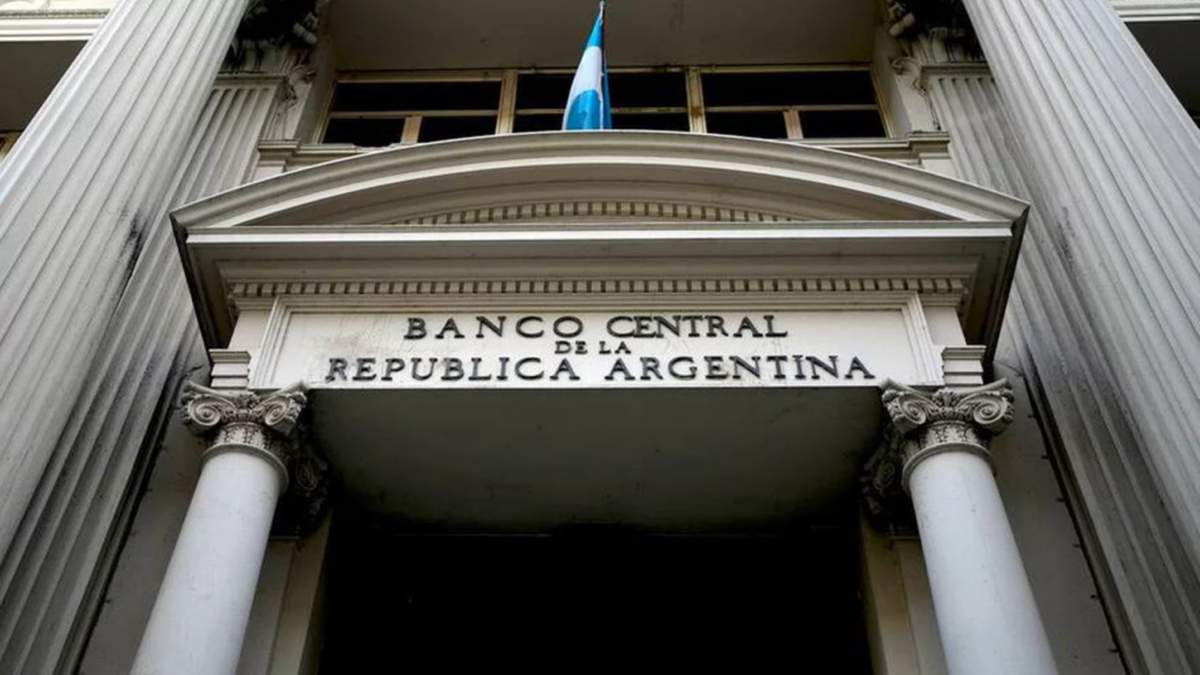The signing of the agreement was announced yesterday by President Alberto Fernández and his counterpart Luis Arce, who traveled to Argentina expressly for the addendum to the current contract between the two countries. “Bolivia assumes an additional commitment, which is that if there is an increase in gas production, Argentina will have priority to access it,” Fernández said.
With the greater supply from the neighboring country, whose hydrocarbon production is going through a process of decline, the Government will guarantee the supply for production in the NOA provinces that depend on these shipments. In addition, it will replace a portion of the imports of liquefied natural gas (LNG), diesel and fuel oil that were projected for this winter. All those alternatives, which enter the country through ships, are much more expensive.
Although the average price agreed for this year with the Arce government is higher than the US$6 paid last year for Bolivian gas, it is much lower than the US$40 per million BTU paid today for LNG. in the global market as a result of the impact of the war (last year liquefied gas cost around US$8).
The preliminary numbers handled by officials suggest that LNG purchases will be cut by just over 30 ships compared to the initial projections of the Ministry of Energy: from 69 gas ships it will go to between 30 and 35, mainly to supply the power plants. thermoelectric plants in the country. This is key since the country did not have enough foreign currency to obtain the initially planned volume of LNG due to the current high prices, within the framework of an agreement with the IMF that sets a reserve accumulation goal for this year of u $5.8 billion. The main risk was a lack of gas that affects the productive activity. However, despite the agreement reached, it did not stop the government’s negotiations with manufacturing companies and unions to plan energy consumption during the winter and avoid cuts.
Today the Minister of Economy, Martín Guzmán, will travel to Brazil to try to seal an agreement with the government of Jair Bolsonaro so that it resigns gas that it buys from Bolivia and that it can increase the supply to Argentina above 14 million cubic meters per day. . The key was the recent rains, which improved the flow of Brazilian rivers and increased their power generation potential.
Days ago, a possible gas exchange was negotiated with the president of Chile, Gabriel Boric.
In the medium term, with the Néstor Kirchner gas pipeline, the government hopes to stop importing gas and become an exporter.
Source: Ambito
David William is a talented author who has made a name for himself in the world of writing. He is a professional author who writes on a wide range of topics, from general interest to opinion news. David is currently working as a writer at 24 hours worlds where he brings his unique perspective and in-depth research to his articles, making them both informative and engaging.




